5 half-hardy flowers that will bring you lots of joy and colour this year
Looking for some half-hardy plants for your garden this year? Give these fabulous varieties a try
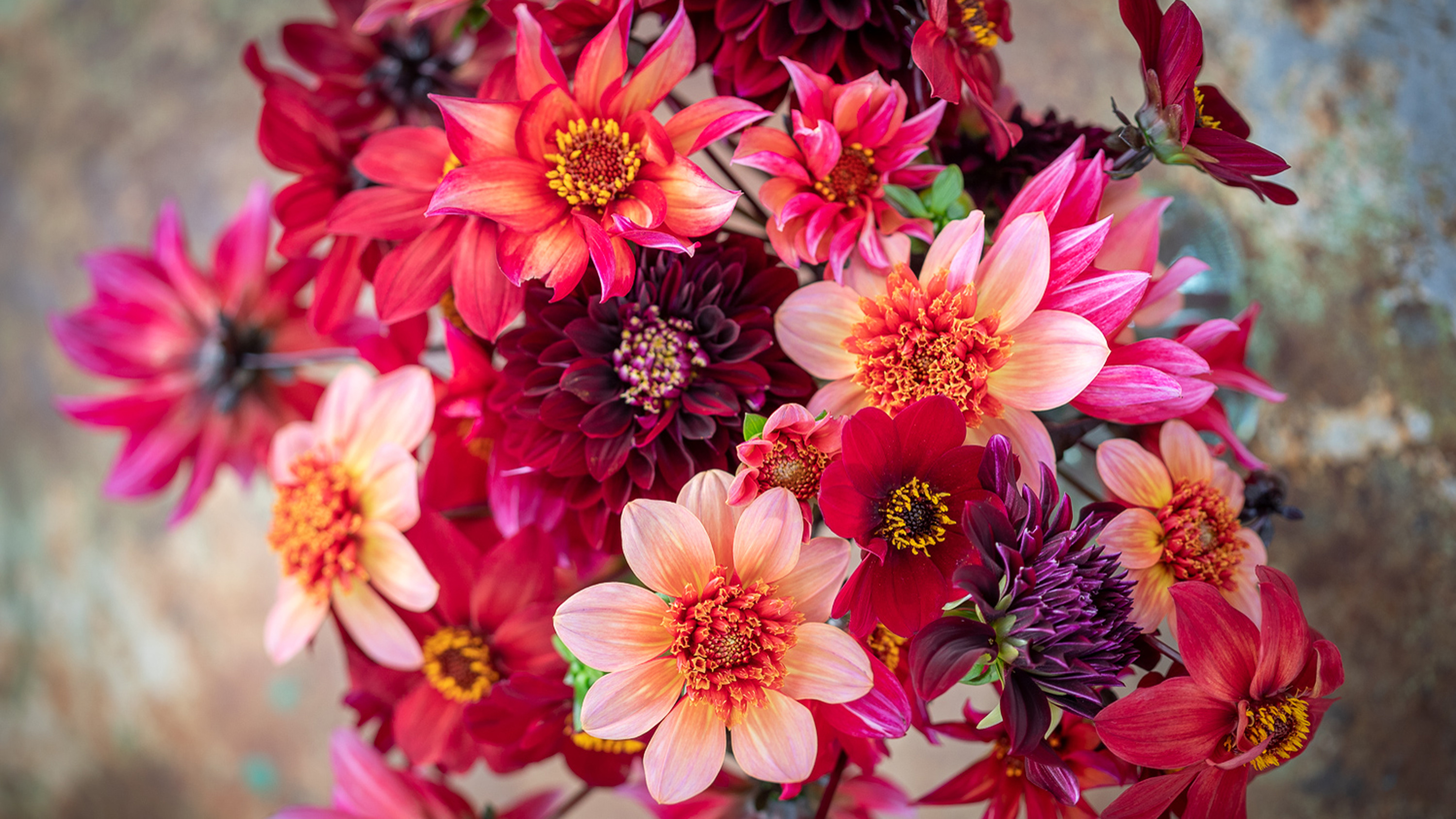

Heard of half-hardy plants but not sure what they are? In basic terms, it's a plant that likes to be started off in the warm (indoors) and planted outside in the ground or in a container when the threat of frost has gone. Quite simply, they really don’t like the wet and cold of winter, and frosts will kill them immediately.
Half-hardy plants tend to be ideal for flowerbeds and containers on the patio as they will bloom brilliantly throughout the summer months and be gone once the first frost of autumn arrives.
They are a fantastic way of adding colour to your outdoor space once the temperatures are on the up, so keep reading to find out some top varieties and when to sow them to guarantee summer colour. You'll find more ideas for your summer planting schemes in our guide to garden borders too.
1. NICOTIANA
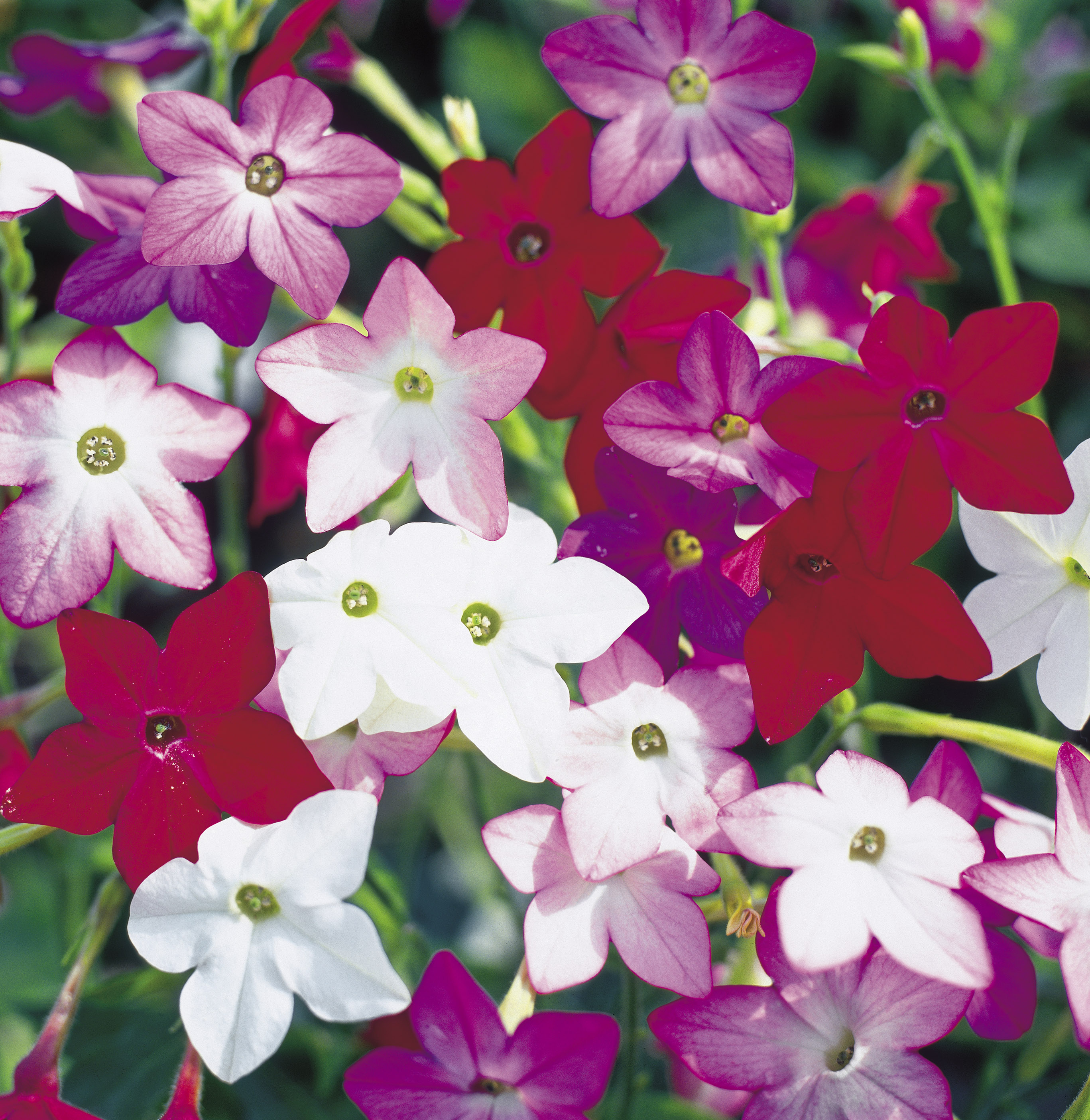
Nicotiana seeds - F1 Perfume mix from Suttons
Ideal for use as bedding or container plants, nicotiana (sometimes known as the tobacco plant), come in a huge array of colours and have a beautiful scent.
They are a popular choice with bees and butterflies thanks to their trumpet-shaped flowers, and they can cope with sunny to part shady spots.
If you sow under glass from February to April you will reap the rewards from the beginning of June until the end of September.
Want more ways to add interest to your patio? You'll find plenty of suggestions in our patio gardening ideas.
2. AGERATUM
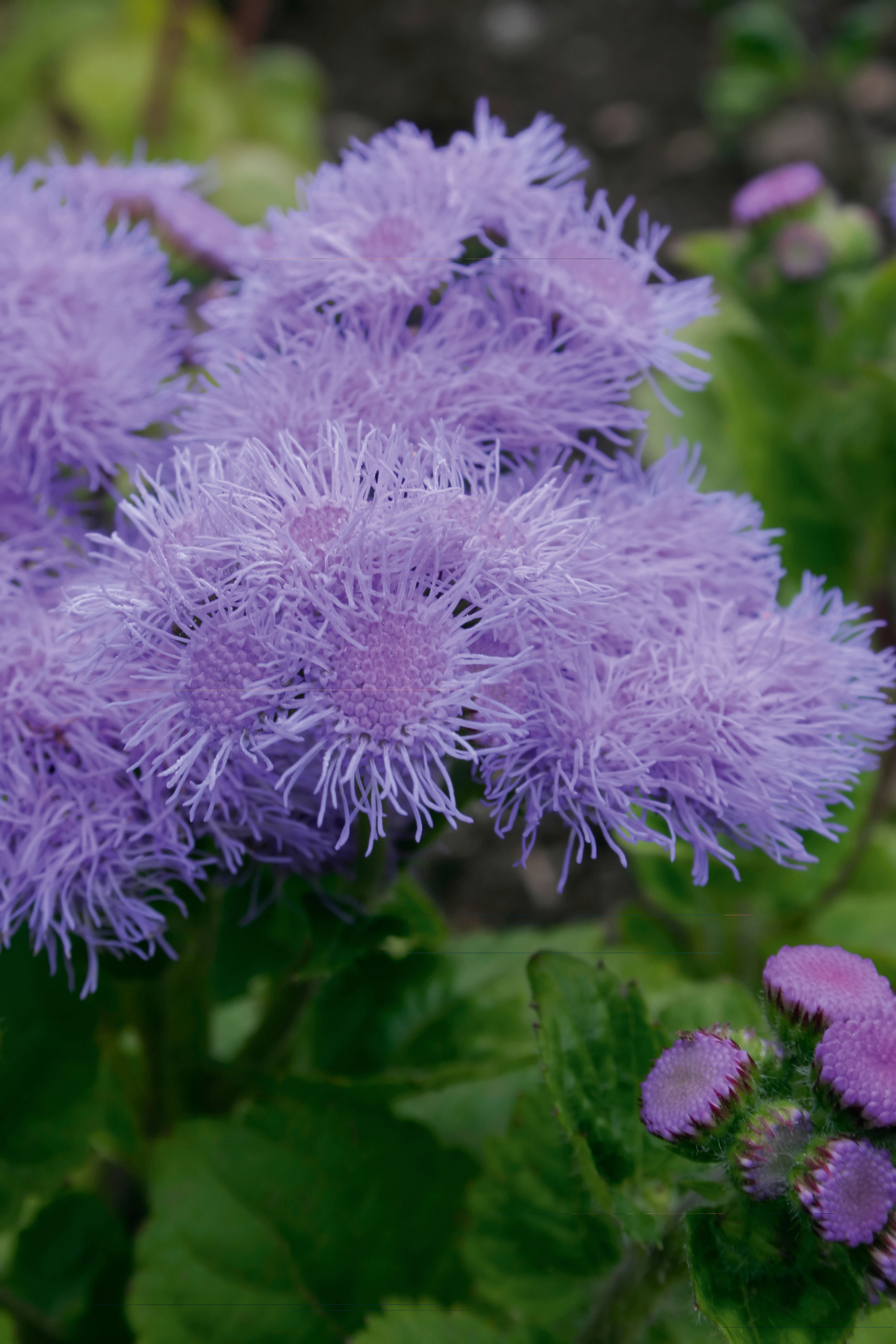
Ageratum houstonianum ‘Blue Mink’ from Thompson & Morgan
There aren’t that many blue flowers to choose from, so if you want to add this pretty blue plant to your garden it will add a new dimension to your space. Butterflies adore ageratum, and let’s face it, it’s hard to resist those large fluffy blue blooms!
Their texture alone will look great in amongst your other choices. We love the idea of using them in containers with a variety of pinks and lilacs for a striking colour display.
Sow them over winter in a good seed compost. Once they are large enough, pop them in bigger trays until they’re big (and strong) enough to be planted outdoors.
3. NASTURTIUM
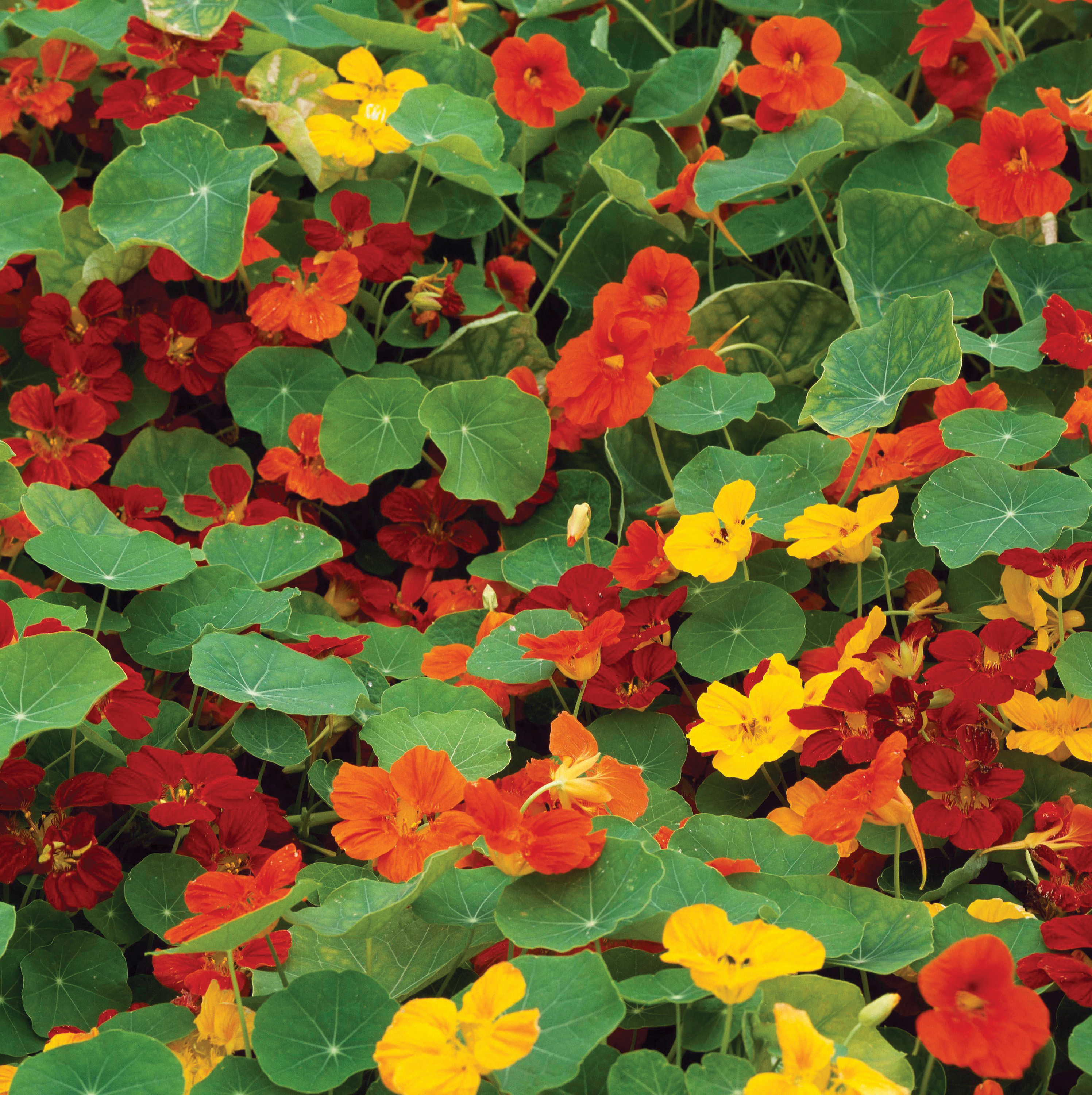
Nasturtium ‘Whirlybird Mixed’ from Thompson & Morgan
A favourite amongst those who like to use edible flowers in salads, nasturtium bring wonderfully bright blooms to your summer garden and is a particularly good choice for cottage garden ideas.
Known for their large rounded leaves, this plant is ideal for all container types, beds and borders. They like full sun and will be in bloom from June through to September.
You can sow them directly where you want them to ‘live’, but remember to wait until the soil is warm.
Head over to our guide to edible flowers for more top suggestions on what to grow.
4. STATICE
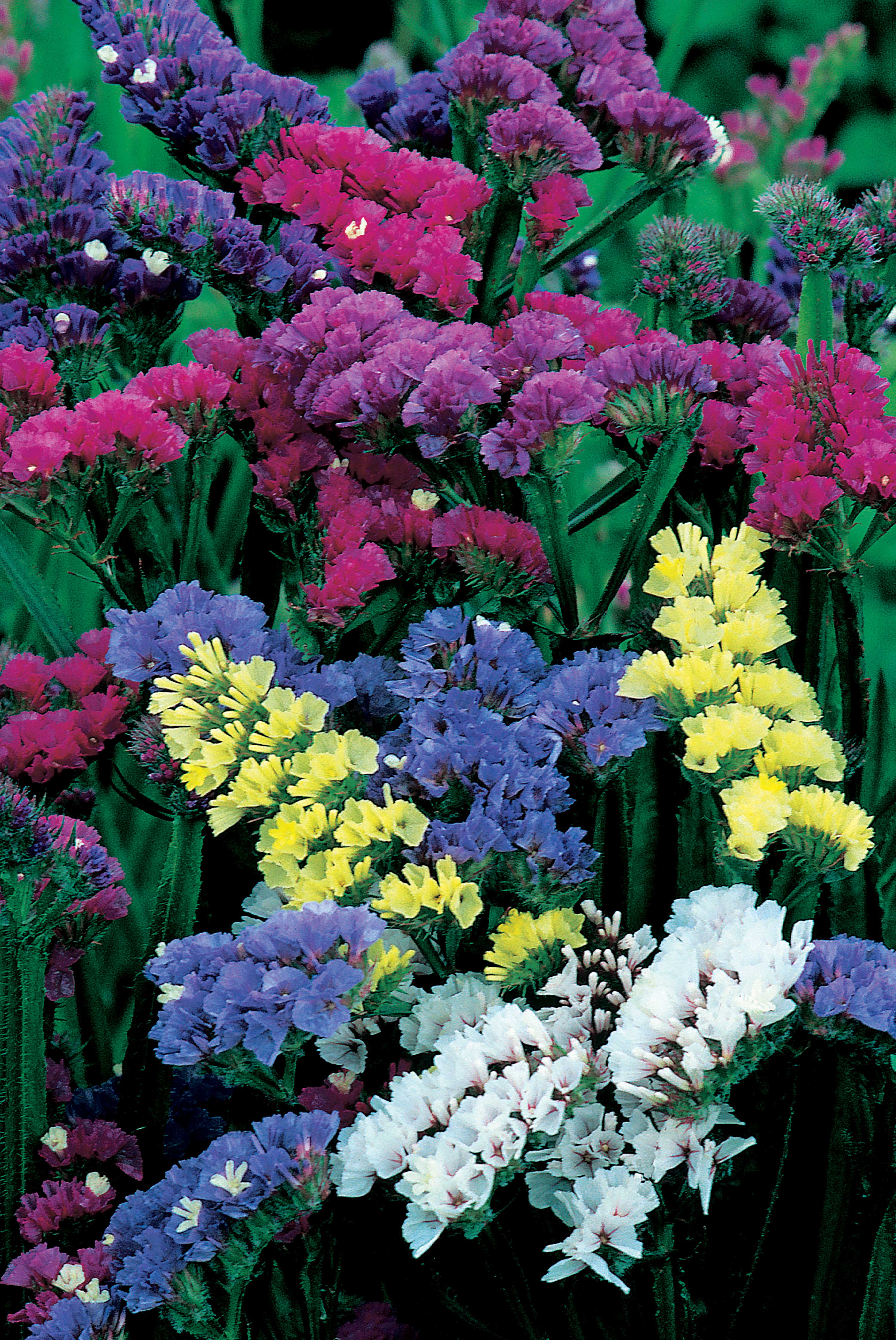
Statice sinuata seeds from Dobies
Perhaps not a plant that you may think of growing, but one that is becoming more popular again with those who want to experiment with dried flowers. Statice dries particularly well and can be used to make wreaths in the autumn and at Christmas.
It can be sown from February to the end of April, and will flower from June to August. This seed mix is known for its larger flowered heads and vivid bright colours.
5. Dahlia
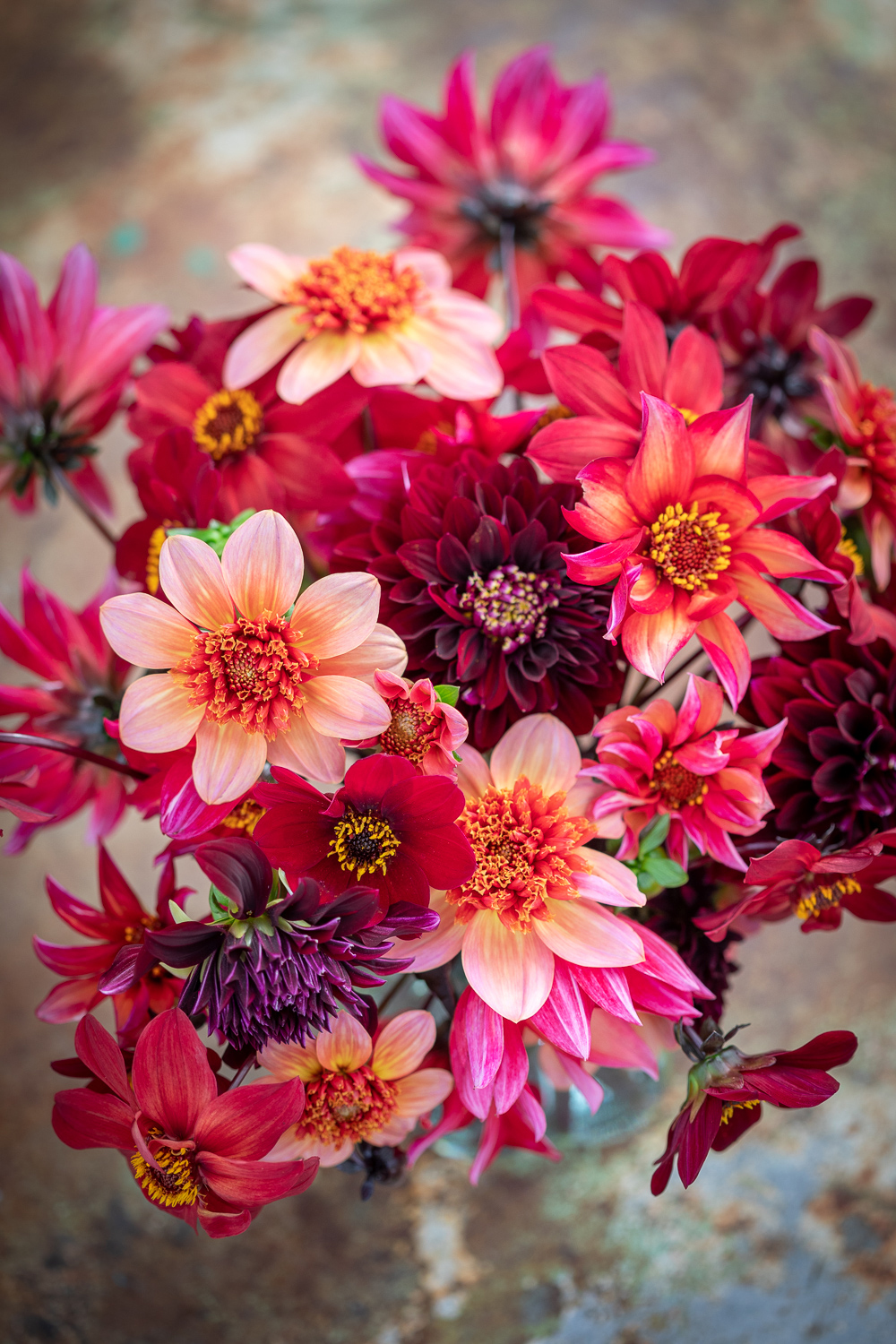
Dahlia are another half hardy plant. One great way to avoid the perils of sowing and frosts (never a winning combo), is to buy them as tubers and slightly fast-forward the process.
You can plant them in pots undercover from March, and keep them in a frost-free, light area. Or, if you don’t have storage for pots indoors then wait until the soil’s been warmed up and plant the tubers directly into the ground and protect them with fleece. Don’t do this until the danger of frost has past.
There's more advice on how to grow dahlias in our guide.
Sophie has been an interior stylist and journalist for over 20 years. She recently trained to be a florist and launched The Prettiest Posy where she curates beautiful flowers for weddings and events.
